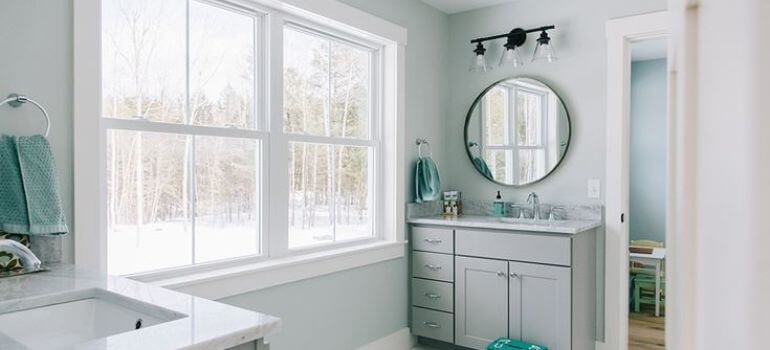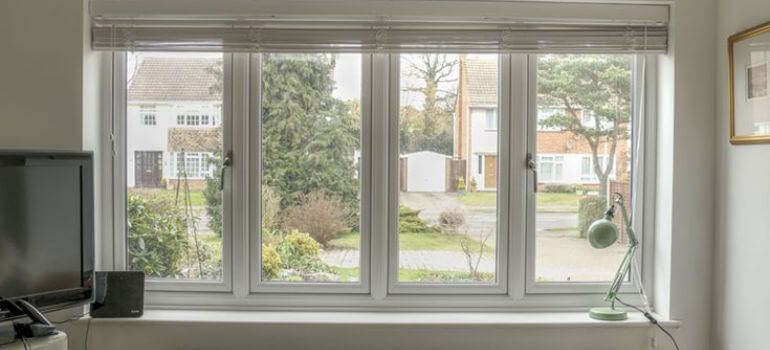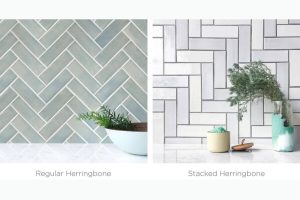Vinyl Windows and Composite Windows have their advantages and disadvantages. Composite windows, made from a combination of materials like vinyl, resin, fiberglass, and wood fibers, offer durability and flexibility.
On the other hand, vinyl windows are more affordable but can soften, warp, and discolor over time. Both options provide energy efficiency benefits.
Comparison Of Materials
When it comes to choosing windows for your home, two popular options are vinyl windows and composite windows. Each material has its own unique characteristics and benefits. In this article, we will compare vinyl windows and composite windows in terms of durability and maintenance, energy efficiency and insulation, as well as aesthetics and customization. By understanding the differences between these materials, you can make an informed decision that suits your needs and preferences.
Durability And Maintenance
Durability and maintenance are important factors to consider when selecting windows for your home. Vinyl windows, made from a type of PVC plastic called uPVC, offer excellent durability. They are resistant to warping, rotting, and expanding, making them ideal for various climates. Additionally, vinyl windows are low-maintenance, requiring only occasional cleaning with mild soap and water.
On the other hand, composite windows are a combination of materials such as vinyl, resin, fiberglass, and wood fibers. This blend of materials provides enhanced strength and durability. Composite windows are highly resistant to warping and corrosion, ensuring longevity and minimal maintenance. Regular cleaning with mild soap and water is usually sufficient to keep them looking their best.
Energy Efficiency And Insulation
Energy efficiency and insulation play a crucial role in keeping your home comfortable and reducing energy costs. Vinyl windows are known for their excellent thermal performance. They provide effective insulation, helping to keep your home warm in the winter and cool in the summer. This can result in significant energy savings over time.
Composite windows, with their combination of materials and advanced manufacturing techniques, offer even higher levels of energy efficiency. They provide excellent insulation properties, reducing heat transfer and preventing drafts. By minimizing energy loss, composite windows can contribute to a more comfortable and energy-efficient home.
Aesthetics And Customization
When it comes to aesthetics and customization, both vinyl windows and composite windows offer a range of options to suit different architectural styles and personal preferences. Vinyl windows are available in a variety of colors and finishes, allowing you to choose the one that best complements your home’s exterior and interior design.
Composite windows, with their blend of materials, offer a unique aesthetic appeal. They can be designed to mimic the look of traditional wood windows while providing the benefits of modern materials. Composite windows can be customized with various finishes, textures, and grille patterns, allowing you to create a customized look that enhances the overall aesthetic of your home.
| Vinyl Windows | Composite Windows | |
|---|---|---|
| Durability | Excellent | Highly durable |
| Maintenance | Low-maintenance | Minimal maintenance |
| Energy Efficiency | Good | Excellent |
| Insulation | Effective | Highly insulating |
| Aesthetics | Various colors and finishes | Wood-like appearance, customizable finishes |
In conclusion, both vinyl windows and composite windows have their own advantages when it comes to durability, maintenance, energy efficiency, and aesthetics. Consider your specific requirements and budget to determine which option is the best fit for your home. Whether you choose vinyl windows or composite windows, you can enjoy the benefits of improved insulation, enhanced energy efficiency, and a beautiful, customized look for your home.
Cost And Value

When it comes to choosing new windows for your home, cost and long-term value are essential factors to consider. Vinyl and composite windows are two popular choices, each offering its own set of benefits and drawbacks. In this comparison, we’ll explore the initial cost and long-term value of vinyl and composite windows to help you make an informed decision for your home.
Initial Cost
Vinyl windows are often favored for their affordability. They are generally less expensive than composite windows, making them a popular choice for homeowners on a budget. Additionally, the installation costs for vinyl windows are typically lower due to their lightweight construction, which can further reduce the initial investment.
On the other hand, composite windows are known for their higher initial cost compared to vinyl windows. The premium materials used in composite windows, such as a combination of vinyl, resin, fiberglass, and wood fibers, contribute to their higher price point. While the upfront cost may be higher, many homeowners see value in the long-term benefits that composite windows offer.
Long-term Value
Vinyl windows are durable and require minimal maintenance over their lifespan. They are resistant to rot, corrosion, and fading, making them a cost-effective long-term investment. However, it’s important to note that the longevity of vinyl windows may not match that of composite windows, which could impact their overall value over time.
Composite windows are known for their exceptional durability and long-term performance. The premium materials used in composite windows make them highly resistant to environmental elements and provide superior insulation. This can result in lower energy costs and enhanced comfort for homeowners, ultimately adding to their long-term value and return on investment.
Frequently Asked Questions For Vinyl Windows Vs Composite Windows
Is Composite Windows Better Than Vinyl?
Composite windows are generally better than vinyl due to their superior durability and aesthetic appeal. They offer better energy efficiency and can handle harsh weather conditions. Additionally, composite windows are a mix of materials like vinyl, resin, fiberglass, and wood fibers, making them more durable.
What Is The Disadvantage Of Composite Windows?
The main disadvantage of composite windows is the cost. They are at the higher end of the price range and may not be as affordable as uPVC windows. However, composite materials are cheaper than many forms of timber while still offering similar benefits.
Is Vinyl The Same As Composite?
No, vinyl and composite are not the same. Composite windows are made from a combination of materials like vinyl, resin, fiberglass, and wood fibers. Vinyl is a type of PVC plastic called uPVC, which is more rigid. Composite windows offer durability and flexibility, while vinyl windows can soften, warp, and discolor over time.
What Are The Disadvantages Of Vinyl Windows?
Vinyl window frames can soften, warp, twist, and discolor over time, especially in extreme weather. They are not particularly strong or rigid and may be difficult to paint.
Conclusion
When choosing between vinyl and composite windows, it’s important to consider durability, maintenance, and cost. While composite windows offer a mix of materials for enhanced strength and aesthetics, vinyl windows are a more affordable and low-maintenance option. Understanding the specific needs and preferences for your home can help you make the best decision for long-term satisfaction and value.



